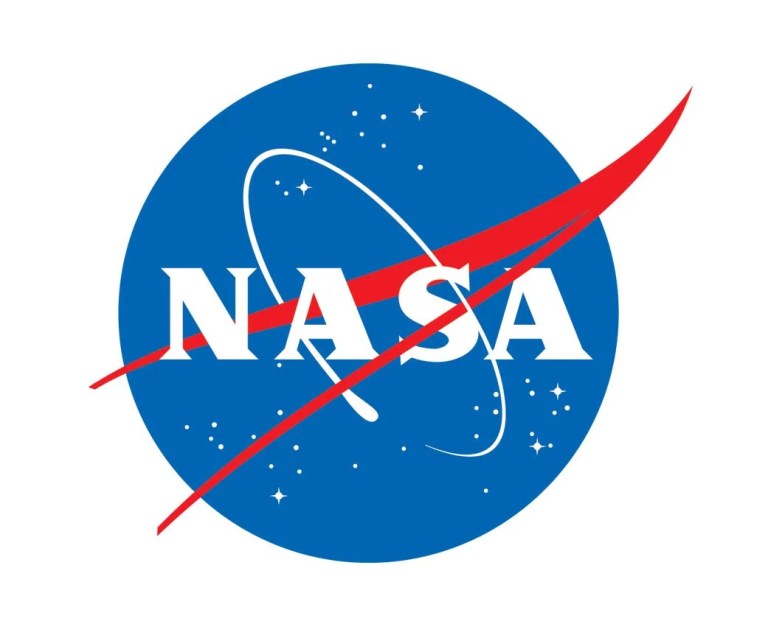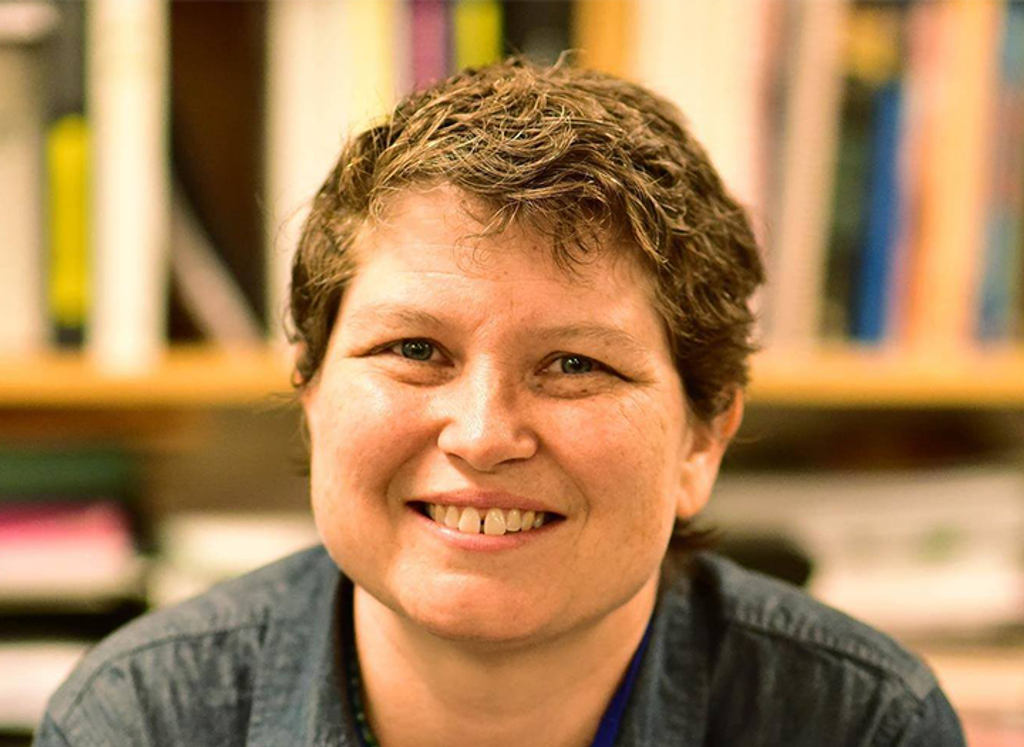
Dr. Shahid Habib
Program Executive
Dr. Habib is Program Executive for the Physics of the Cosmos and Cosmic Origin programs and has engineering management responsibilities for several Astrophysics flight missions such as LISA, Athena, ARIEL, ULTRASAT, and Euclid. His portfolio primarily focuses on international collaborations on projects which are in different phases of development cycle. In his earlier tenure with Astrophysics division, he served as Program Executive for SOFIA and XRISM. He also has led and launched several Earth Science missions such as Aura, Earth Orbiter -1, and two major collaborative missions with Russian Space Agency known as Stratospheric Aerosol Gas Experiment (SAGE) and Total Ozone Mapping Spectrometer (TOMS). He served at NASA Goddard Space Flight Center in the Earth Science Division. He was Principal Investigator on several competitively selected research opportunities utilizing NASA satellite observations, models, and data products to study Himalayan glacier melt, Middle East North Africa (MENA) region climate and hydrological impact, River Nile hydrological modeling and Gulf of Mexico Hypoxia impact. In his earlier career, he served in the human space flight area and was Verification Manager for the Space Station robotic arm. He also served in the policy and systems engineering areas and was involved in the development of initial versions of the NASA Space Flight Program/project Management standard. He was awarded Exceptional Achievement Medal in 2004, Medal for Outstanding Leadership in 2009 and 2012, respectively. He was awarded Yuri Gagarin Medal for his NASA/Russia collaboration and won multiple Group Achievement awards. He holds BS, MS and Doctorate in electrical engineering from George Washington University and is registered Professional Engineer.


























